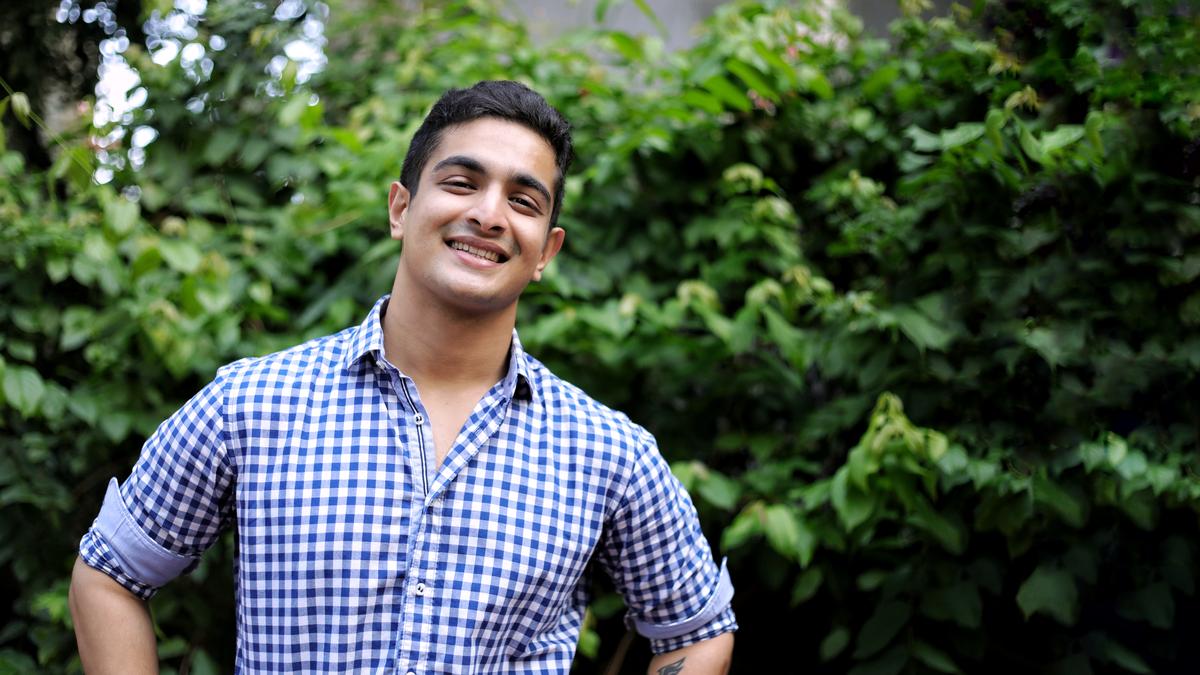The Supreme Court on Tuesday (February 18, 2025) granted interim protection from arrest to podcaster and influencer Ranveer Allahbadia in connection with the first information reports (FIRs) registered against him over remarks made on the YouTube show “India Got Latent”.
A Bench comprising Justices Surya Kant and N. Kotiswar Singh imposed stringent conditions, prohibiting Allahbadia and his associates from posting any content on social media until further orders. The court also directed him to surrender his passport to the police, effectively restraining him from leaving the country.
Also read | The danger of a digital censor board
However, these conditions contravene prior Supreme Court rulings that have cautioned against the imposition of onerous restrictions that unduly curtail personal liberty while granting interim relief.
Multiple FIRs
Multiple FIRs were registered against Allahbadia in Maharashtra, Assam, and Rajasthan under various provisions of the Bharatiya Nyaya Sanhita (BNS), 2023, the Information Technology Act, 2000, and the Indecent Representation of Women (Prohibition) Act, 1986, for allegedly promoting obscenity and engaging in sexually explicit discussions.
Consequently, he approached the Supreme Court seeking the consolidation of these FIRs and an interim order granting him protection from arrest. Such petitions, akin to anticipatory bail applications, are entertained under Article 32 of the Constitution for the enforcement of fundamental rights and to shield individuals from arbitrary police action.
In such cases, courts either club the FIRs or permit the investigation to proceed under a single one while staying the rest. This spares the accused from the hassle of appearing before multiple courts. Ultimately, even if convicted, the accused serves a common sentence rather than consecutive sentences.
Recognising that such a practice could serve as a tool for harassment, the Supreme Court in 2022 proposed establishing a body akin to the Judicial Panel on Multidistrict Litigation in the United States to centralise cases and enhance procedural efficiency.
‘Onerous’ conditions
The conditions for granting interim relief in criminal cases are not statutorily prescribed. Instead, judges have the discretion to impose conditions they consider necessary to uphold justice and prevent interference with the investigation or trial.
In exercising this discretion, courts typically assess three key factors: flight risk (the likelihood of the accused absconding), intimidation of witnesses (a reasonable apprehension that the accused may threaten witnesses), and tampering with evidence (the possibility that interim relief could enable the accused to interfere with the investigation).
For instance, courts often impose bail conditions such as requiring the accused to deposit their passport, setting a high bail bond to ensure their participation in the investigation, and mandating periodic appearances before the concerned police authority. However, the Supreme Court has consistently cautioned against imposing unduly restrictive conditions, such as requiring the accused to share their Google Maps location PIN or reside in a specific locality, deeming them disproportionate and unwarranted.
In Satender Kumar Antil v. Central Bureau of Investigation & Anr (2022), the top court ruled that imposing bail conditions that were “impossible of compliance” would be defeating the very object of release. Similarly, in August 2023, while adjudicating a case where the accused was required to deposit an exorbitant bail bond to secure release, the Court remarked that such onerous conditions amounted to “selling bail.”
More recently, in Frank Vitus v. Narcotics Control Bureau (2024), a Bench comprising Justices A.S. Oka and Ujjal Bhuyan ruled that a bail condition requiring the accused to share their Google Maps location PIN was unconstitutional. “The investigating agency cannot be permitted to continuously peep into the private life of the accused enlarged on bail by imposing arbitrary conditions since that will violate the right of privacy of the accused, as guaranteed by Article 21”, they observed.
Gag orders
The condition imposed on Allahbadia and his associates to “not air any show on Youtube or any other audio/video visual mode of communication till further orders” effectively constitutes a gag order. In free speech jurisprudence, this falls under the doctrine of prior restraint, which refers to state action that prohibits speech or expression before it occurs.
Courts have consistently cautioned against prior restraints on speech, deeming them impermissible except in exceptional circumstances. In 2021, the Supreme Court stayed a Kerala High Court bail condition restricting woman rights activist Rehana Fathima from publishing her views on social media. A Bench headed by Justice Rohinton Fariman however imposed a narrowly tailored caveat — that her posts must not offend the religious sentiments of any community.
Notably, while granting bail to Alt News co-founder Mohammed Zubair in 2021, a Bench led by Justice D.Y. Chandrachud rejected the Uttar Pradesh government’s request to prohibit him from tweeting while on bail. The Bench underscored that such a disproportionate restriction would create a “chilling effect on the freedom of speech.”
The court further noted that Zubair’s profession required him to engage with social media as a medium of communication and held that a gag order would constitute an “unjustified violation of the freedom of speech and expression, as well as the right to practice his profession.”
Published – February 19, 2025 08:38 pm IST

